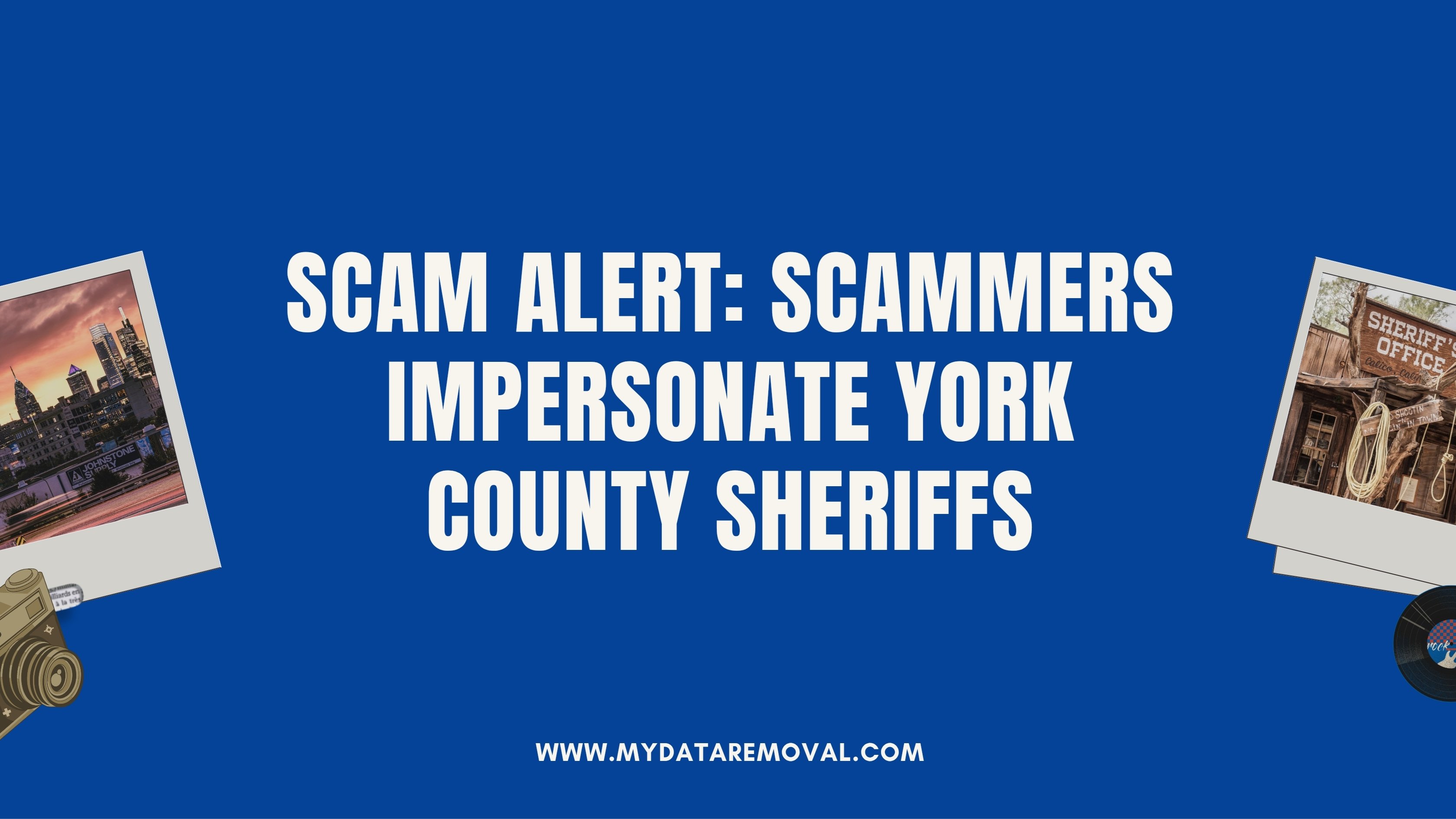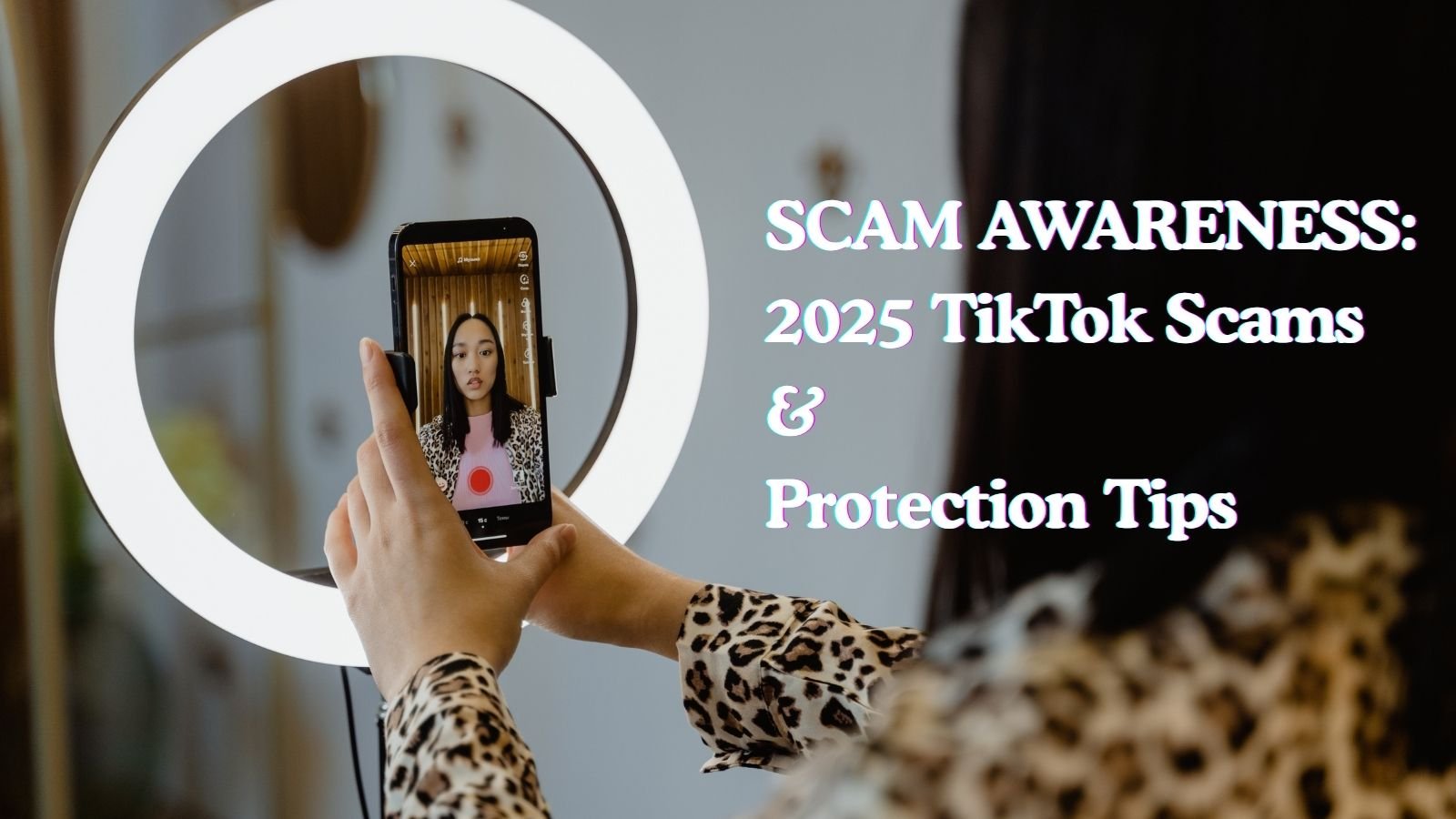Life in York County, Pennsylvania, has its charm. The town is friendly. The farmer's market is great. But despite all of this greatness and peace, York County is not immune to scams (like many places these days).
Scammers are posing as members of the York County Sheriff's Department, demanding payment for civil penalties or outstanding warrants. You can protect yourself by always verifying requests.
Scammers are impersonating law enforcement. This is because they know that most people are influenced by figures of authority. When they call, posing as the police, people will either feel threatened (urged to comply quickly) or confident that the caller can be trusted.
The York County Impersonation Scam

The York County Sheriff’s Office is warning residents about a growing number of scam calls pretending to be law enforcement.
The department said it's been receiving reports about callers claiming to be from the sheriff's office. The scammers are pressuring their targets into paying for civil penalties or outstanding warrants.
According to authorities, scammers are using names of real officers at the station (e.g., Lt. David Godfrey and Sgt. Seth Arnold). Even the emails are using domains from “@yorkcountypa.gov.” Additionally, scammers are demanding unusual payment methods, such as gift cards and Bitcoin.
The Sheriff's Department has stated that it will never reach out to residents demanding money for missed court dates, penalties, and warrants.
The Venmo Scam

In another scam, a York County resident almost fell for a Venmo scam.
Diane, from Seven Valleys, was selling something online. Then, a buyer offered to buy the product for $50. It seemed like a great deal for Diane. But the buyer insisted on paying via Venmo.
Then, Diane received an email showing a number for her to call. Later on, the buyer said that he'd send $600 because there's a minimum payment for a Venmo business account. Diane would just have to reimburse him the $550.
That's when Diane became suspicious. She searched for more information online, learning that it was a scam. Additionally, she noticed that the number included in the email was not from Venmo.
This case highlights the importance of always verifying requests. Because of Diane's decision to research first, she avoided losing money.
5 Ways to Protect Yourself
1. Know the Red Flags
Knowing the red flags can help you pinpoint a scam before you become a victim.
Here are some signs that it's a law enforcement impersonator:
- Financial Demands Over the Phone: Law enforcement doesn't ask for payment over the phone.
- No Verifiable Credentials: It’s a scam if they can't give you proper identification, badges or IDs.
- Unusual Payment Methods: Real law enforcement doesn't demand payment via gift cards, Venmo, or crypto.
- Pressure Tactics: You'll know it's a scam if they're using urgent or threatening language to make you act immediately. This is a classic scam tactic.
2. Hang Up and Verify
If you spot even one red flag or if you're still unsure, hang up immediately. Don't be tempted to engage with or irritate the scammer. Drop the call, and verify by contacting your sheriff's office using official numbers.
3. Stay Informed
Being in the know helps you know what to expect and save yourself from being victimized.
You can stay ahead by following your sheriff's office on social media and reading the latest scam news. You can also follow us on social media, where we post about privacy, personal cybersecurity tips, and scam awareness.
4. Sign Up For Do Not Call Registry
Go to donotcall.gov, click “Register Your Phone,” and confirm by providing your email and number. This will block legitimate telemarketers and help regulate violators.
5. Report the Scam
It's also ideal to report the scam, even if you didn't lose money. This is because when you report, it helps authorities build a case, increasing the chances of stopping scammers.
You can report a scam to:
- The FBI’s Internet Crime Complaint Center (IC3)
- The York County Sheriff’s Office
- The Federal Trade Commission (FTC) at reportfraud.ftc.gov
Conclusion
Now that you know what to look out for, you’re better prepared to protect yourself. But remember that scammers are really good at what they do, and they can target anyone, regardless of where you are in the world.
The best thing you can do is to always verify. Don't act out of excitement or fear.
Frequently Asked Questions
In which countries do most scams take place?
The top countries that are significant hubs for scammers include: 1) Nigeria, 2) China, 3) Brazil, 4) India, 5) Indonesia, 6) Pakistan, 7) the Philippines, and 8) South Africa.
What are the top phone scams going around?
In this age of artificial intelligence, one common phone scam to watch out for is the voice cloning scam. Scammers clone familiar voices using AI. When they call, you'll believe it's someone you know, making you more likely to comply with their requests.
What are the usual area codes scammers use?
The commonly used US area codes for scams include: 202 (Washington), 214 (Texas), 272 (Pennsylvania), 310 (California), 312 (Illinois), 407 (Florida), and 702 (Nevada).



